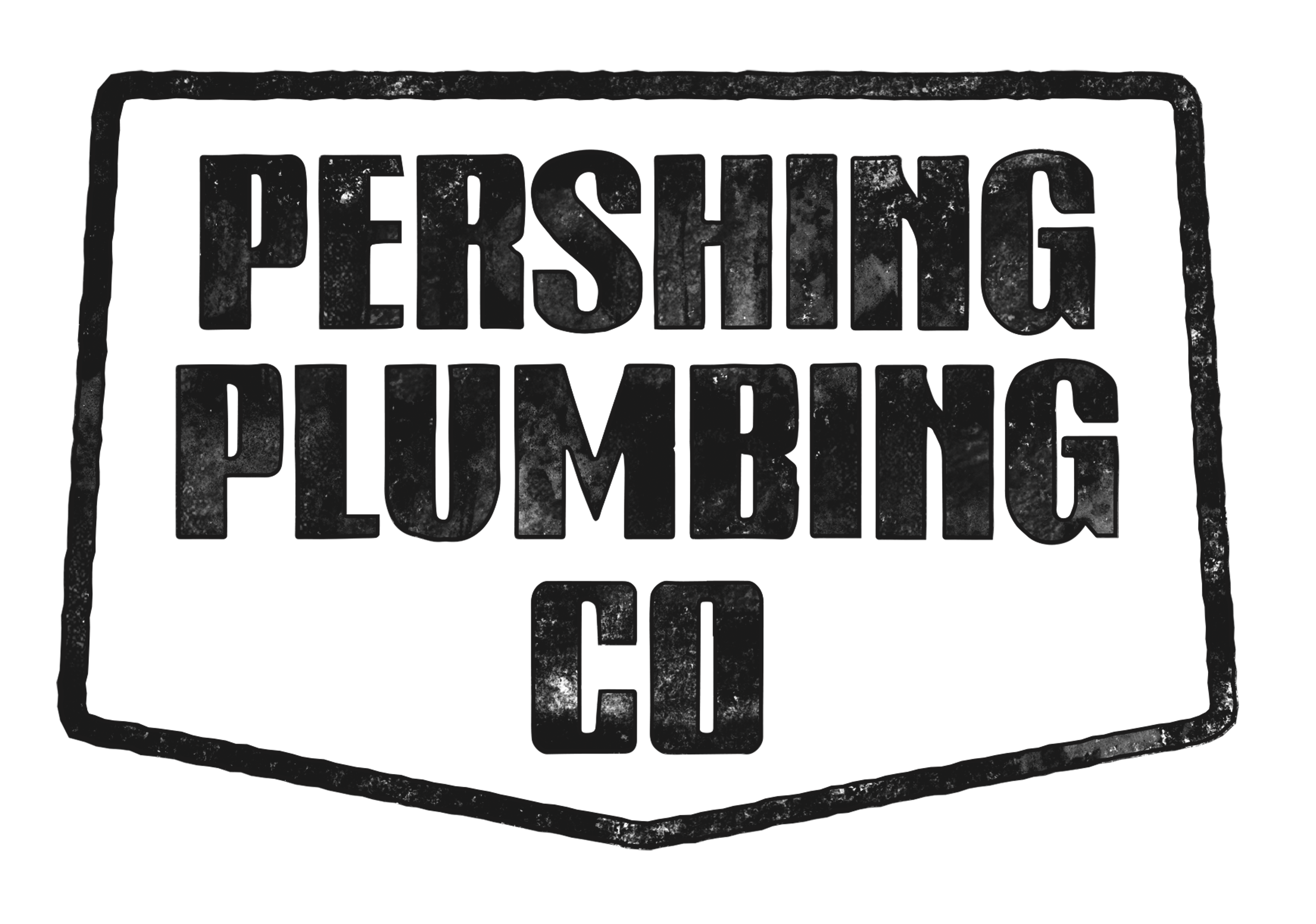The heart of a cozy home often lies in the unseen comforts, like the assurance of a hot shower at the end of a long day. Selecting the right water heater is pivotal in crafting this comfort, yet the process can seem daunting with the myriad of options and technicalities involved. This blog ventures beyond the basics, offering fresh perspectives and comprehensive advice to guide you in choosing a water heater that not only meets your hot water needs but also aligns with your home’s energy ethos and spatial dynamics.
Evaluating Hot Water Consumption:
- Detailed Demand Analysis: Chart out your daily hot water usage, noting activities that require hot water and their frequency. From showers and baths to dishwashing and laundry, understanding your consumption pattern is the first step in determining the right size.
- Synchronous Usage Patterns: Reflect on your household’s synchronous hot water needs. If multiple hot water activities occur simultaneously, your water heater will need the capacity and recovery rate to keep up.
- Sizing by Gallons and Flow Rates: For tank water heaters, consider the first-hour rating (FHR), which indicates how many gallons of hot water it can supply per hour at peak usage. For tankless models, look at the gallons-per-minute (GPM) flow rate, which shows how much hot water it can deliver at any given time.
Selecting the Ideal Water Heater:
- Type and Technology: Explore the pros and cons of traditional tank water heaters versus tankless models. Consider newer technologies like heat pump water heaters or solar water heaters if they align with your home’s infrastructure and sustainability goals.
- Energy Source Compatibility: Your home’s existing energy setup can guide your choice. Whether it’s gas, electric, or perhaps solar, each energy source offers different benefits in terms of efficiency, cost, and environmental impact.
- Space and Installation Constraints: Assess the installation site. Tankless water heaters offer more flexibility with space, but they may require additional considerations like ventilation or gas line adjustments.
Smart Strategies for Water Heater Selection:
- Long-Term Cost Considerations: Evaluate the total cost of ownership, not just the purchase price. Energy-efficient models may cost more upfront but can offer significant savings on utility bills over time.
- Regulatory Compliance and Incentives: Stay informed about local building codes and any available incentives or rebates for energy-efficient water heater installations. This can influence your choice and offer financial benefits.
- Maintenance and Longevity: Factor in the maintenance requirements and lifespan of different water heater models. A durable, low-maintenance unit can offer more value and reliability in the long run.
Conclusion:
Choosing the right water heater transcends mere technical specifications; it’s about integrating a system that resonates with your home’s lifestyle, energy profile, and spatial blueprint. By delving into a detailed analysis of your hot water needs, understanding the nuances of different water heater types, and considering energy sources and long-term costs, you can make a choice that not only promises hot water on demand but also harmonizes with your home’s efficiency and comfort levels. In the quest for the ideal water heater, a well-informed, holistic approach ensures that every drop of hot water is a testament to your home’s warmth and well-being.

